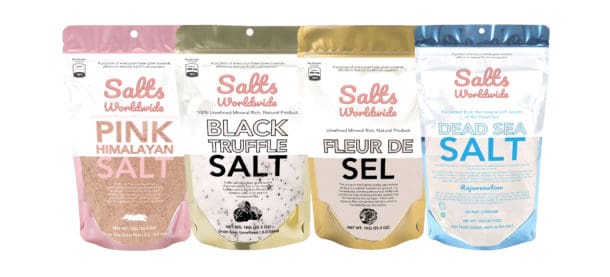Kosher salt is the type of salt that contains the three important properties of salt: sodium, chloride and sulfur. Technically, any salty substance can be designated kosher, if it is produced under strict kosher supervision. But kosher salt has something to do with kosher dietary requirements, specifically observing by Jews who are Jewish. As such, it is a more refined and cleaner form of salt than regular table salt.

The three kosher salt properties that kosher salt contains are calcium, magnesium and sulphur. Calcium is necessary for strong bones and teeth. Magnesium facilitates contraction and relaxation of muscles. Sulfur is a pore-clogging agent, which helps in preventing steam from cooking foods. All these contribute to kosher salt’s nutritional value and dietary guidelines.
When purchasing kosher salt, it is important to consider that kosher salt is not the same as table salt. Table salt is usually produced by harvesting and grinding sea salt. Sea salt contains an increased amount of potassium and magnesium, and it is the main ingredient of table salt. The water content of sea salt is usually reduced by a few percent. kosher salt, on the other hand, is obtained by washing fresh kosher salt with a mixture of water and neutral (room temperature) vinegar.
There are two types of kosher salt. One type is coarse salt, and the other is kosher salt with a medium concentration of calcium and magnesium. Cushion kosher salt has a fine salt residue, while kosher salt with a medium concentration of calcium and magnesium has a coarse salt residue with a bigger amount of magnesium and potassium. Kosher grains come in three different grades. The highest grade is kosher salt with a high concentration of calcium and potassium, and the lowest grade is kosher salt with a medium concentration of sodium. Kosher salt with a low concentration of potassium is also available.
There are several factors that affect the kosher level of coarse salt or kosher salt with a medium concentration of sodium. The first factor is the seed size. For example, ground kosher grains are fine, but they tend to have a larger shell. Shavings from the kosher salt mill are smaller and weigh less. This makes kosher grains more affordable than coarse kosher salt, which tends to be quite expensive.
The kosher salt with the least amount of ions is called kosher rock salt, and it is made by melting rock salt until it reaches a minimum density that causes it to clump. Rock salt is the most affordable type of salt, but it is lower in sodium than table salt. In addition, the kosher levels of fine and coarse are similar, but the fine version tends to be less refined.
Some experts believe that kosher salt is healthier than table salt because it contains a small amount of unrefined salt. The kosher salt or table salt sodium content comparison provides an insight into this. Table salt is usually made from sea salt, which contains more sodium than kosher salt.
Rock salt is the salt that is most commonly used and contains trace minerals that have been shown to be beneficial for human health. Some sea salts are highly refined, and their crystals contain many elements that may be harmful to our health. One such element is sodium, which can cause hypertension and high blood pressure. By choosing kosher salt over table salt, you can help keep your blood pressure at a healthy rate.
The type of food that you use determines how much kosher salt you need to use. For example, sea food is low in sodium and kosher salt is needed for breads, meats and fish. Also, a good rule of thumb is to add only about two tablespoons of kosher salt to a glass of pasta water or to a recipe that calls for vegetable broth. This amounts to about one teaspoon of kosher salt per recipe or per serving.
Another factor to keep in mind when using kosher salt is that it can change the texture and taste of certain foods. For example, eggplant or shrimp will become crunchier if they are seasoned with kosher salt. A fish that is cooked will also have a much better texture and a unique flavor.
There are other types of sea salts that are less processed than kosher salt and do not provide as many health benefits. These include natural sea salt, unrefined sea salt and pink sea salt. Pink sea salt has been found to contain trace minerals such as magnesium, potassium and calcium among others. Although there may be a trace mineral deficiency in unrefined sea salt, this does not affect the taste and will not affect the nutritional value.

